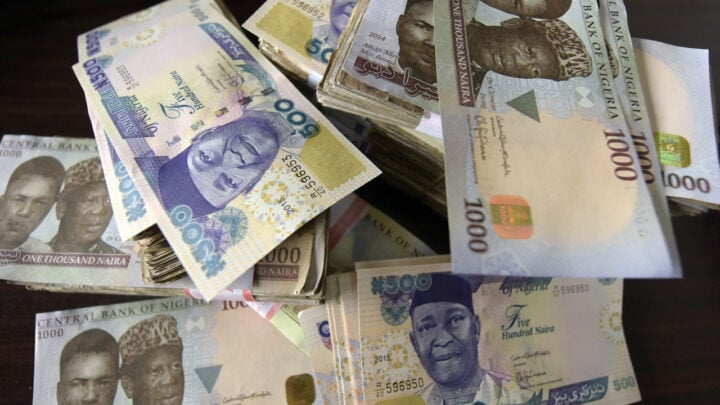CBN confirms no deadline for old naira notes, debunks 2024 rumor, and assures Nigerians both old and redesigned notes remain valid legal tender.

The Central Bank of Nigeria (CBN) has officially debunked recent rumors suggesting that the old series of the N200, N500, and N1,000 naira notes will cease to be legal tender by December 31, 2024.
In a press release dated October 24, 2024, the CBN categorically stated that such claims are false and misleading. The bank reaffirmed that the Supreme Court ruling, which extended the use of the old naira notes indefinitely, remains in effect.
Background: The Naira Redesign Controversy
This latest clarification comes in the wake of a tumultuous chapter in Nigeria's monetary policy that began in 2022 when the CBN, under the leadership of the former governor, initiated a redesign of the naira notes. The rationale for this redesign was to curb inflation, combat counterfeiting, and reduce excess liquidity in the economy. As a result, new versions of the N200, N500, and N1,000 notes were introduced.
However, this policy was met with significant challenges. The scarcity of the new notes led to widespread frustration among Nigerians. Businesses, especially those in cash-dependent sectors, struggled to operate. Long queues formed outside banks and Automated Teller Machines (ATMs) across the country, with citizens desperately trying to withdraw cash that was in limited supply. The situation was dire enough to stir public outcry, as millions of Nigerians found themselves unable to access cash for daily transactions.
Amidst the chaos, various interest groups, including state governments and legal bodies, took the CBN to court, challenging the abrupt implementation of the policy. On February 8, 2023, the Supreme Court of Nigeria intervened by ruling that the old naira notes should continue to be accepted as legal tender alongside the new notes. This decision, which initially allowed for an extension of the use of old notes until December 31, 2023, was later modified to extend indefinitely.
CBN’s Response: No Deadline, No Cash Phase-Out
In the recent press release, the CBN stressed that the order of the Supreme Court, dated November 29, 2023, remains binding. The apex court had granted the Attorney-General of the Federation and the Minister of Justice’s prayer for an indefinite extension of the use of old naira notes. As such, all banknotes—both old and redesigned—remain valid forms of legal tender across Nigeria.
The CBN also reiterated its directive to all branches and deposit money banks (DMBs) to continue accepting and issuing both old and new denominations of the naira. This is in line with the Supreme Court's order that both versions of the currency should remain in circulation.

The CBN has advised the public to disregard rumors of a December 31, 2024 deadline for the use of old naira notes, urging Nigerians to continue accepting both the old and redesigned notes in their daily transactions. This measure is meant to restore confidence in the nation's payment system and prevent further disruptions.
Moreover, the CBN encouraged the public to adopt alternative payment channels such as electronic transactions, especially given the previous challenges associated with cash scarcity.
Moving Forward: Learning from Past Mistakes
The past year has highlighted the importance of clear communication and careful planning in implementing economic policies that impact millions of Nigerians. The chaotic rollout of the new naira notes caused unnecessary hardship, with businesses and individuals alike facing months of uncertainty. While the introduction of new currencies may have been well-intentioned, the lack of adequate preparations and failure to consider Nigeria’s cash-based economy left many in dire financial situations.
The Supreme Court’s intervention, which protected the continued use of old naira notes, was a much-needed relief that brought stability back to the market. Now, with the CBN reaffirming that there is no deadline for the circulation of old notes, Nigerians can conduct their financial transactions without fear of their currency losing its validity.
As the nation moves forward, it is crucial that the CBN and other financial authorities ensure better coordination and clearer communication to avoid repeating the mistakes that caused widespread suffering.
Conclusion
The CBN’s press release on October 24, 2024, has brought much-needed clarity to the ongoing discussions regarding the status of old naira notes. The Supreme Court ruling stands firm, allowing for the indefinite use of old naira notes as legal tender.
As Nigerians continue to recover from the disruptions caused by the naira redesign saga, the CBN has called for calm and encouraged the public to make use of both old and new notes. More importantly, the push towards alternative payment methods offers a glimpse into the future of cashless transactions in Nigeria.
For now, Nigerians can rest assured that their old naira notes will remain legal tender, putting to rest the speculations that had caused panic and confusion.

